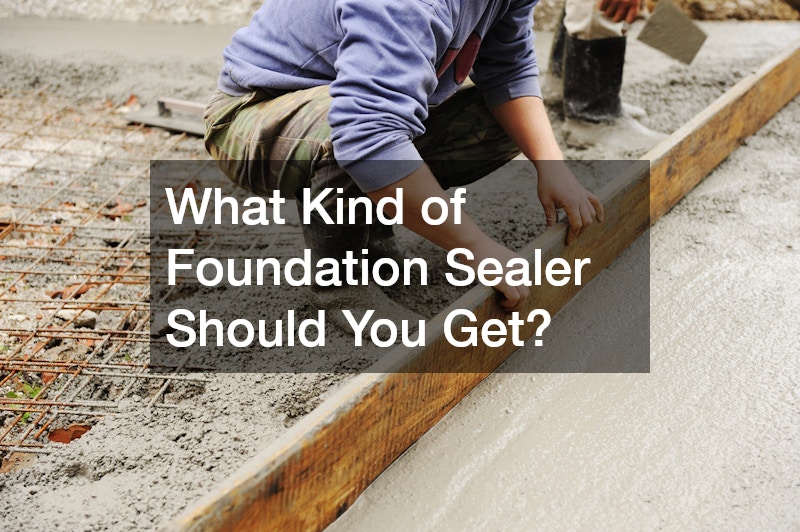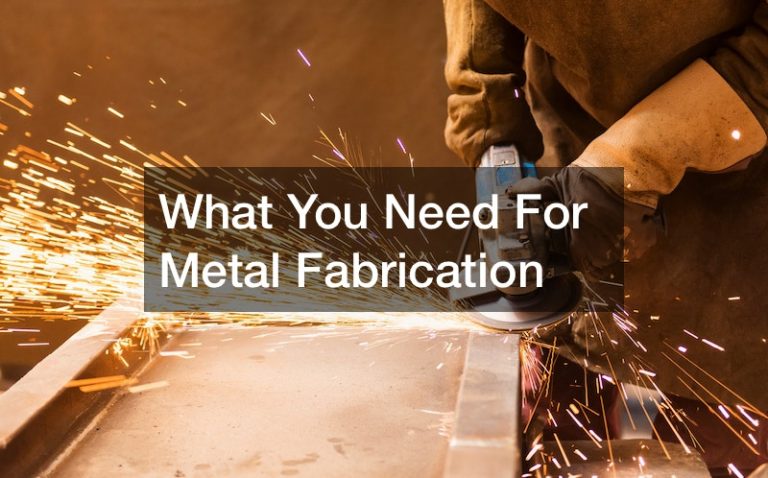What Kind of Foundation Sealer Should You Get?

When it comes to protecting your home from moisture and water damage, the foundation is one of the most critical areas to consider. A properly sealed foundation is essential for preventing leaks, mold growth, and structural damage. But with so many options available, choosing the right foundation sealer can be overwhelming. Here’s a guide to help you determine what kind of foundation sealer you should get based on your specific needs and circumstances.
Types of Foundation Sealers
There are several types of foundation sealers available, each with its own set of advantages and ideal use cases. Here’s a look at the most common types:
1. Concrete Penetrating Sealers
Concrete penetrating sealers are designed to soak into the concrete and form a barrier from within. These sealers work by filling the pores and capillaries of the concrete, effectively blocking water from entering. Penetrating sealers are ideal for protecting the foundation against water damage while allowing the concrete to breathe. This type of sealer is often used on foundations that experience minimal water exposure or as a preventative measure to maintain the integrity of the concrete.
2. Acrylic Sealers
Acrylic sealers create a protective film on the surface of the concrete, providing a barrier against water, chemicals, and UV rays. These sealers are available in both water-based and solvent-based formulas and are relatively easy to apply. Acrylic sealers are best suited for areas with light to moderate moisture exposure. They are often used on foundations that are above grade or in areas where water exposure is less of a concern. Additionally, acrylic sealers can enhance the appearance of the foundation by providing a glossy or matte finish.
3. Epoxy Sealers
Epoxy sealers are known for their durability and strong adhesion properties. They form a thick, impermeable barrier that provides excellent protection against water, chemicals, and abrasion. Epoxy sealers are often used in areas with high moisture exposure, such as basements or foundations that are below grade. They are also ideal for sealing cracks and providing additional strength to the foundation. However, epoxy sealers can be more challenging to apply and may require professional installation.
4. Polyurethane Sealers
Polyurethane sealers are another highly durable option, offering strong protection against water, chemicals, and wear. These sealers are flexible, allowing them to move with the concrete and prevent cracking. Polyurethane sealers are commonly used on foundations that are prone to movement or in areas with extreme temperature fluctuations. They are available in both water-based and solvent-based formulas and can be used on both interior and exterior surfaces.
Selecting the right foundation sealer is essential for protecting your home from water damage and ensuring the longevity of your foundation. By understanding the different types of sealers available and considering factors such as the type of foundation, water exposure, application method, and budget, you can choose a foundation sealer that meets your needs and provides the best protection for your home. Whether you opt for a penetrating sealer, acrylic, epoxy, or polyurethane, investing in a high-quality foundation sealer is a smart decision that will pay off in the long run.
.







